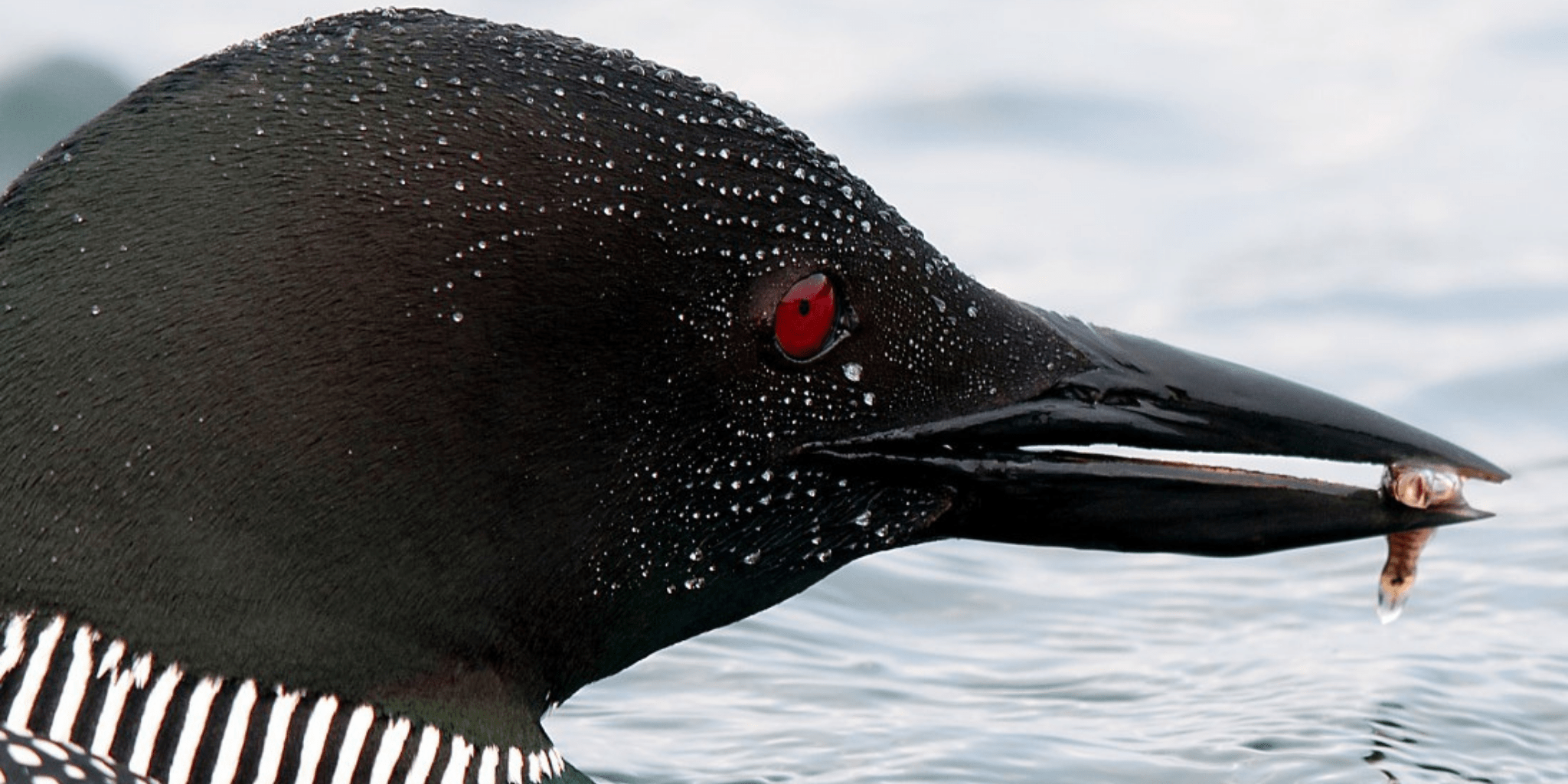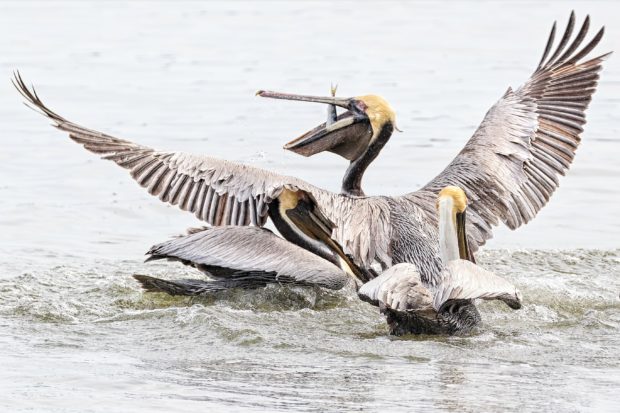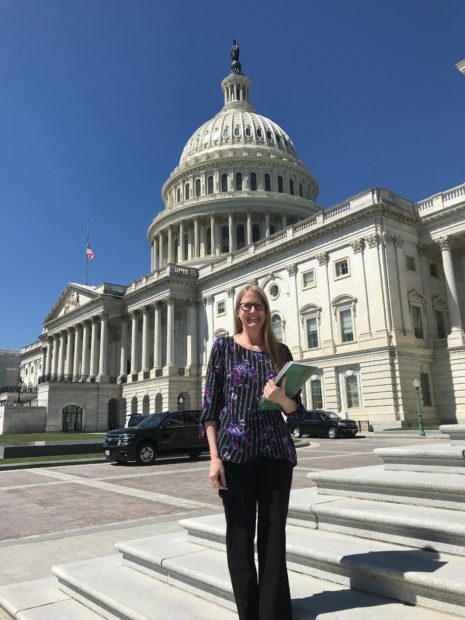We have much more to do and your continued support is needed now more than ever.
They Came to Washington to Learn About Tiny Fish. Here’s Why.

Sometimes little things can make a big difference.
Forage fish – like mullet, shad, herring, and sardines – although themselves tiny, are essential to the ocean’s entire food web. At the base of the food web are plankton. Forage fish eat plankton, and then larger animals eat forage fish. At some level, everything else basically depends upon the forage; think about bigger fish we like to eat like salmon, or wildlife that drive recreation and tourism such as dolphins, whales, and seabirds. Without forage fish, it all falls apart.
That explains why outdoors enthusiasts and wildlife advocates from around the country recently traveled to Washington, D.C.: to learn more about forage fish so they could serve as resources for their curious friends, colleagues, and lawmakers. Many of these individuals were anglers, some making a living off the water as fishing guides. Others recreate on and around the water.
“It’s vital for us to preserve our forage fish, for our sport fishing industry and a healthy marine environment.”
– Johnny Marquez, director of coastal programs for the Mississippi Wildlife Federation, a lifelong recreational angler.
“My big concern is to be a good steward of the food chain,” said David Baker Haire of the Georgia Wildlife Federation, a hunter and angler who has a background in zoology and previously served with the International Union for Conservation of Nature. “We need to find a way to address coastal resources, including forage fish.”

Reps. Debbie Dingell (D-MI) and Brian Mast (R-FL) recently introduced the Forage Fish Conservation Act, to improve our stewardship of the food chain. This legislation would make a number of changes to how forage fish are managed, including by ensuring that we have good science on how any new commercial fisheries on forage fish species would impact existing fisheries, fishing communities, and the marine ecosystem prior to the fishery being authorized.
It’s not just coastal residents who are concerned.

“When you take away pieces of the food chain, it affects everything from the ocean to the economy,” said Julie Smith, a Wisconsin-based wildlife photographer who grew up in a family that’s been in the boat industry for decades, helping launch the world-famous Sturgeon Bay Open Bass Tournament. “Today, I take pictures of birds who feed on forage fish all winter long, like pelicans and loons that return to Wisconsin after wintering in the Gulf of Mexico.”
“Without changes to how we manage forage fish, it’s like the game Whack-A-Mole,” said Marquez of the Mississippi Wildlife Federation, who is also president of FishHead Gear, a wholesale apparel provider. “Single species management creates that kind of environment. You clamp down on one species, but that causes overfishing for another. We’re trying to change that mindset when it comes to forage fish, at the bottom of the chain, which are fed on by almost everything. When too many forage fish are scooped up, we lose the recreational fishing opportunity for other species.”





















